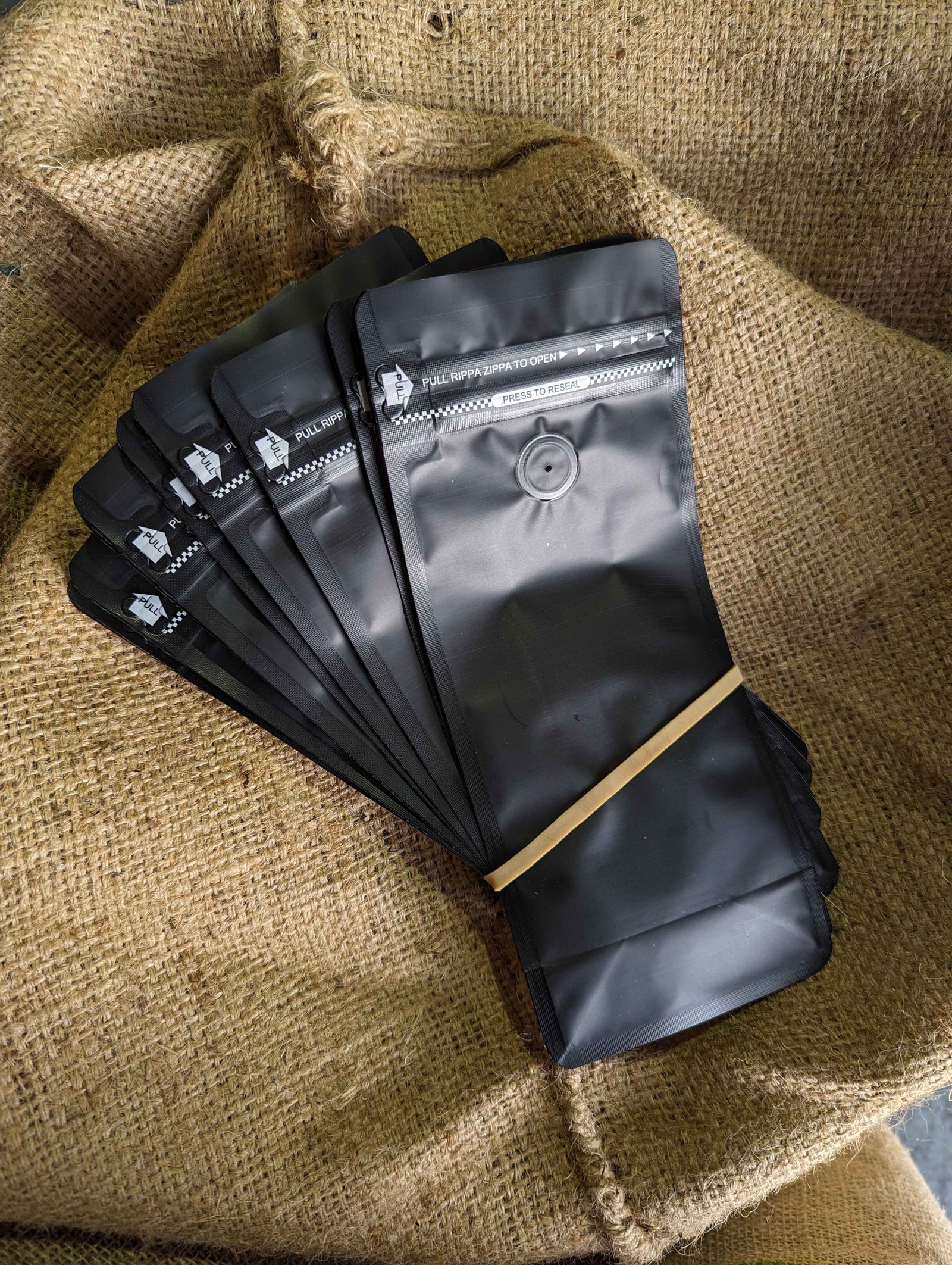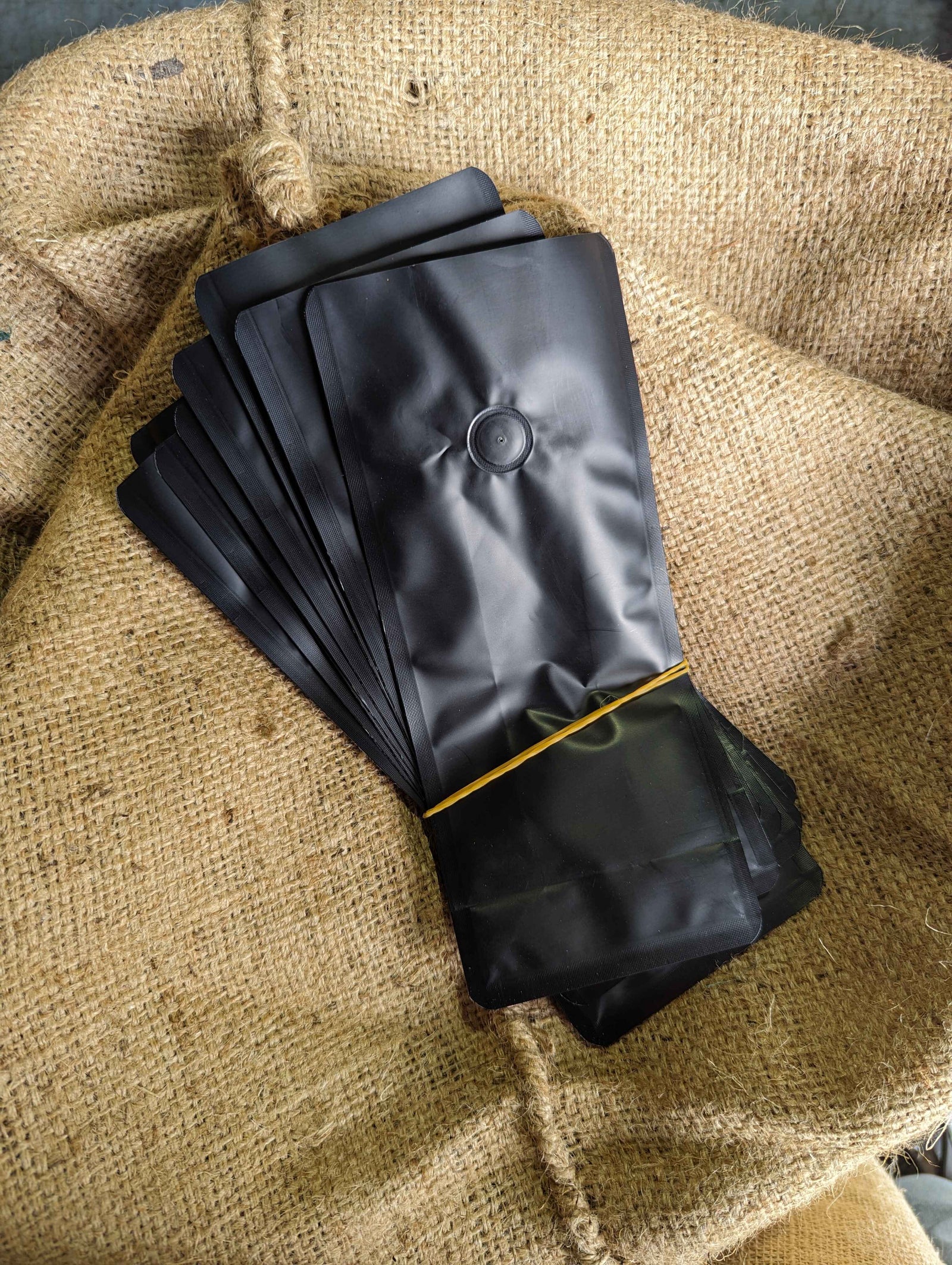OVERVIEW:
Discover the refined balance of Ethiopia Limou Grade 2 Washed coffee — a classic expression of western Ethiopia’s coffee heritage. Grown in the lush highlands of the Oromia region, Limou is celebrated for its clean cup, balanced body, and delicate interplay of citrus, floral, and sweet spice notes. This washed lot reflects both the natural richness of the region and the meticulous handcraft of its farmers, making it a sought-after choice for specialty coffee roasters.
PRODUCER:
This lot is produced by smallholder farmers across the Limou area in Oromia. Most farms are small, averaging 1–5 hectares, and are managed using traditional, low-input methods. Shade trees and intercropping with food staples support biodiversity and soil health. Farmers deliver ripe cherries to local washing stations, where they are carefully processed to highlight the distinctive Limou cup profile.
ALTITUDE AND LOCATIONS:
Coffee in Limou is cultivated at 1,500–2,200 meters above sea level, where fertile volcanic soils and cool mountain climates allow slow cherry maturation. This altitude range, combined with Ethiopia’s unique landrace varieties and improved JARC selections, yields vibrant coffees with clarity and complexity.
PROCESSING:
After being hand-picked at peak ripeness, cherries are delivered to washing stations. There they are depulped and fermented for 24–48 hours, before being washed and graded by density. The parchment is then soaked in clean water to remove any remaining mucilage and dried on raised African beds for 10–14 days, with frequent turning and hand-sorting to ensure quality and uniformity.
FARMING TRADITION:
Limou farmers rely on generations of knowledge and careful manual labor to produce consistently excellent coffee. Washing stations and cooperatives work closely with producers to maintain quality standards, ensuring traceability and sustainability. This collaborative system allows smallholders to bring their unique lots to the global specialty market while preserving Ethiopia’s rich coffee culture.

 Matte Black Coffee Bag Bundle - With Valve & Rippa Zippa
Matte Black Coffee Bag Bundle - With Valve & Rippa Zippa Matte Black Coffee Bag Bundle - With Valve
Matte Black Coffee Bag Bundle - With Valve






